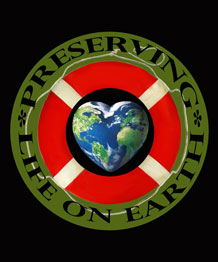Although a California-based organization, the Oiled Wildlife Care Network is currently helping to lead the effort to care for oil-affected marine mammals and sea turtles in Louisiana, in partnership with NOAA-NMFS and the USFWS. Volunteers are being recruited on a state-by-state basis and updated on the Deepwater Horizon Facebook page. If you would like to obtain volunteer information, please call 1-866-448-5816.
To access the main OWCN site, please click here.
Watch Jay Holcomb From The International Bird Rescue Research Center Talk About The Rescue Efforts
Why Some Animals Receive Priority Care
According to Nils Warnock, field operations specialist at the California Oiled Wildlife Care Network, managed by the University of California at Davis, decisions are based on at least seven factors:
-
The animal’s red blood cell count and overall physical condition
-
The life history stage of the particular animal, such as whether or not a bird has just molted its feathers
-
The size of the animal
-
What potential threat might exist to rescuers (“Big animals with big teeth are always an issue,” Warnock said.)
-
The percentage of body area covered by oil
-
How much the animal appears to be suffering
-
Prior knowledge of the particular species and how well it tends to respond to treatment


